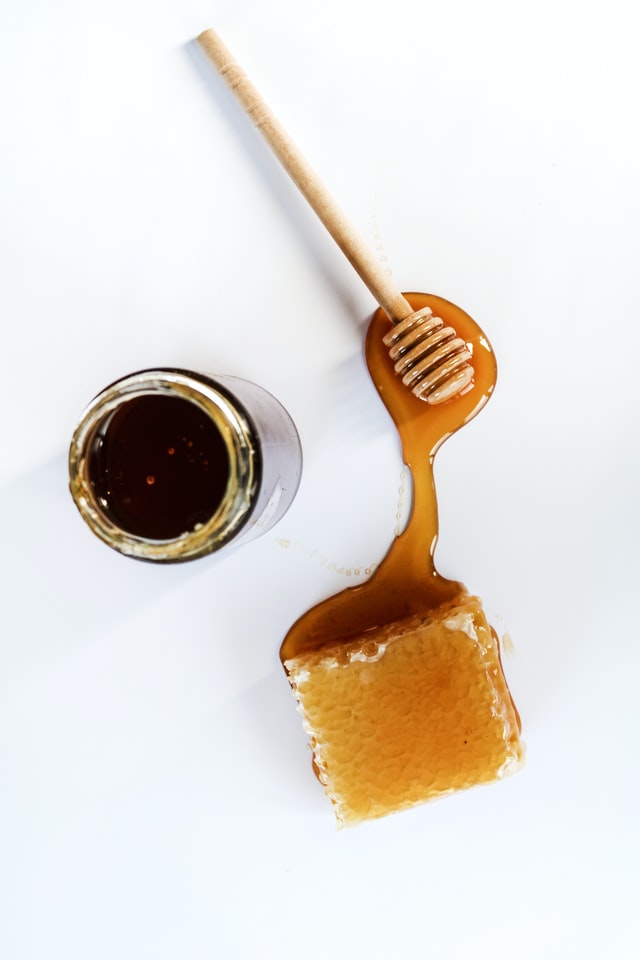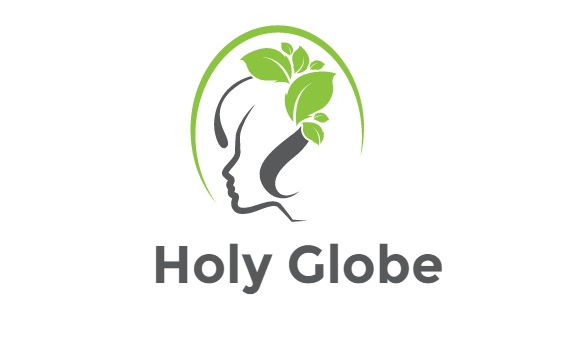
When archaeologists started excavating Egyptian burial places around the turn of the 19th century, they discovered something unanticipated: pots of raw honey, thousands of years old, perfectly maintained. Clearly the Egyptians considered honey a sacred food, and with good reason- its medicinal
properties are legendary and part of the reason why it has the ability to remain pristine … actually permanently. Raw honey never goes bad. As an eternal food, it makes best sense to bury it with the pharaohs, who the Egyptians believed would need nutrition during their unlimited journey throughout the afterlife. And herein also lies a hint to why raw honey has been valued as a healing compound throughout the ages. Even Aristotle, who acknowledged bees as having divine qualities, wrote of raw honey’s medicinal advantages throughout his time.
After collecting sugar-rich nectar from flowers, bees mix it with a special enzyme in their stomachs called glucose oxidase. This breaks the nectar down into 2 substances: gluconic acid and hydrogen peroxide. While the majority of people have actually never become aware of gluconic acid, hydrogen peroxide is a bit more familiar, recognized fondly as one of the most powerful substances in the world for preventing infections and eliminating pathogens like fungus, mold and hazardous bacteria. As such, raw honey is a first-class wound healer and has been utilized by doctors for thousands of years. Numerous healthcare facilities worldwide now use honey- infused bandages to help speed up injury recovery.
But it’s not simply the hydrogen peroxide that provides raw honey such amazing residential or commercial properties. Raw honey is likewise rich in naturally occurring vitamins and minerals, enzymes, amino acids, antioxidants, pre- and probiotics, and a host of other phytonutrients and medical compounds, which vary depending upon what type of plant bees gather their nectar from. Bees who mostly harvest from the manuka plant, found growing wildly throughout New Zealand, produce honey rich in methylglyoxal, making manuka honey more powerfully anti-bacterial than other varieties.
” The Egyptians considered raw honey a spiritual food, and with good factor”
The plant from which the bees graze provides another highly demanded residential or commercial property to the honey – a rich, elegant and distinct taste profile. Raw honey is similar to red wine because each types of plant imparts a special taste to the end product and produces an unbelievable spectrum of color and consistencies, varying from a thick, black molasses-like syrup to a light, amber-colored liquid.
In order for honey to keep its medicinal homes, it should be consumed in a form as close to its natural, raw state as possible. This means that ideally honey should be unfiltered, unheated (unpasteurized) and raw. In addition, bees should be collecting from wild or naturally grown plants. This can be challenging to make sure, it is crucial not only for the last quality of the raw honey, but also for the health of the bees.
In the last few years, enormous numbers of honey bees have been mysteriously passing away in worrying numbers. An Intensive research study has actually identified that high levels of pesticides and other agricultural chemicals are the main offender. By acquiring your raw honey from bee keepers who comply with just the highest quality standards, you can play a direct function in keeping bee populations healthy and flourishing despite the threats they are facing. You can assist protect the ecosystems that bees influence, since cross-pollination is important to the health of practically every biome in the world.
100% Raw, Unpasteurized Honey
Blossom produces unpasteurized and unfiltered artisan-crafted 100% raw honey, most of which are sourced from beehives managed by a fourth-generation beekeeper on a family-owned organic farm. What they don’t produce on their farm straight is sustainably sourced at the very same stringent quality requirements for fellow craftsmen beekeepers throughout the US. Their raw honey line features a range uncommon flavors like, saw palmetto, blackberry and pumpkin, alongside more traditional varieties such as buckwheat and orange blossom.
David Jefferson, is serious about quality and stability. As a member of the American Honey Producers Association and the American Bee Federation, he’s committed to guaranteeing the continuous security of bee populations. A portion of Flower proceeds goes to Project Apis M – a nonprofit company whose research is committed to the health and sustainment of honey bee populations.
Wild African Raw Honey
Wild African Raw Honey is sustainably collected from wild honey bees in the Molé National Park of Ghana by native residents of the Dagoma tribe. One of the darkest of its kind, Aseda honey confers additional health benefits due to the high concentration of vitamins, minerals and enzymes that are present in the native plants. It likewise has actually the added difference of being gathered from the prized medicinal calabash tree, which is used throughout Africa to deal with malaria and other conditions. The bees also regular shea and cacao trees, which contribute their own distinct medicinal residential or commercial properties and unique flavors, making this one of the most unique honeys available worldwide.
Basswood Raw Honey
Worker B is led by a couple duo out of Minnesota, who source surprisingly delicious, high-integrity raw honey, with all the midwestern beauty to go with it. Their buckwheat varietal is darker than many with notes of chocolate, molasses and malt, while the basswood is brighter with tastes of mint and thyme. This unfiltered, raw honey is sourced from choosing local beekeepers, whose hives are pesticide and antibiotic free. As for the lovely packaging – that’s produced in conjunction with a handful of skilled regional artists. The employee also has a comprehensive line of 100% pure medical skin care instilled with honey, propolis, royal jelly, herbs and other healing, nutritious components.
Facebook Comments
